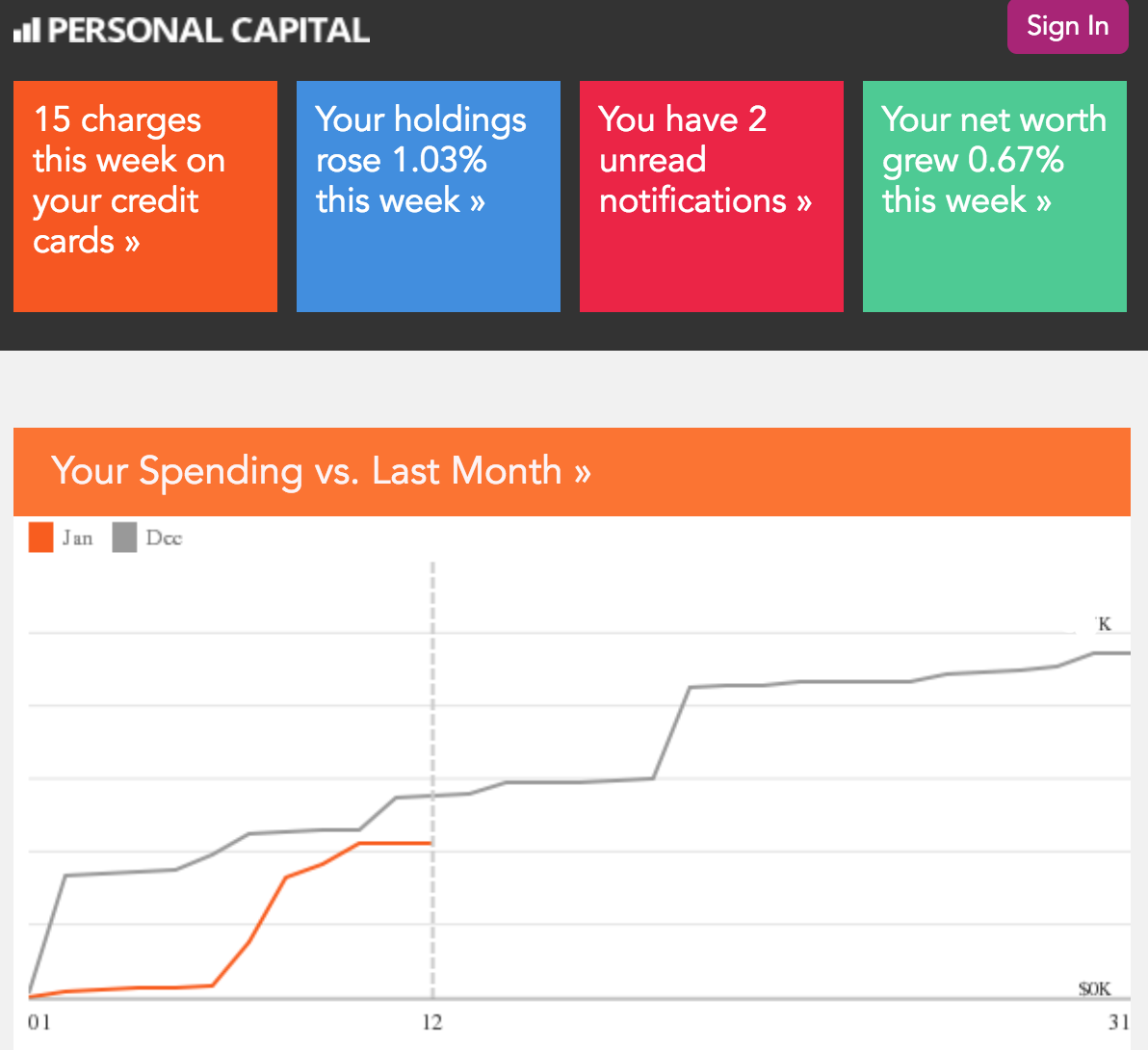
7 Money Matters I’m Horrible with and How I Deal with Them
This post may contain links from our sponsors. We provide you with accurate, reliable information. Learn more about how we make money and select our advertising partners.
I write fairly frequently about my own financial and investment experiences, and I’ve been fortunate enough to achieve some success in my ventures. Because of this, people tend to think I have everything figured out.
It’s human nature to want to appear perfect, to seem like we have it all together. This is especially true in medicine, where we’re afraid to show the cracks in our perfect image. Maybe this is because we feel like we’ll lose respect, and it’ll take away from our ability to have some control in the workplace.
But if there’s anything recent events have taught us, it’s that while we may achieve success in some areas and appear perfect on the outside, we all have underlying flaws. The more comfortable we become with sharing our deficiencies, the better we can address them and improve.
Personally, I have enough flaws to fill a book’s worth of pages, but I can't say I'm quite ready to bare them all here yet. When it comes to financial matters, however, I'm happy to share them even at the risk of looking like an idiot. There are plenty of things I definitely could improve on, and though I try to offer advice the best I can, I’m still figuring out most of the answers for myself along with the readers of this site.
Thanks to numerous doctor blogs and podcasts (like the well-named Dr. Money Matters), physicians have reminders and ways of addressing some of these issues. However, here are some of my own money matters I’m working on improving at the moment.
1) Accounting
When it comes to financial matters, keeping detailed records of your money is vital. I’ve touted the benefits of tracking your net worth and knowing how to use the tax code legally to benefit you. Although I know these things are extremely important, I find it all extremely difficult to keep track of.
When it used to come to tax time, I dreaded the idea of tallying everything up. Because of this, I let everything build up until I’m forced to take care of it. Every spring became a humongous ordeal with paperwork seemingly flying all over the place.
My way around this is to now pay for bookkeeping. A good CPA can be of great benefit in this regard. I've started with a new CPA and it's like I didn't know what I was missing, until now.
Honestly, he's made my life much easier. I put all of my spending on specific credit cards, especially for my various businesses. My CPA has access to my credit card statements and is able to separate out the spending into categories. He helps me figure out what is an appropriate deductible expense and what isn't. All I have to do is review his bookkeeping statements every so often to make sure they’re accurate. I’ll be honest, that’s a chore itself, but it’s much better than having to create the spreadsheets myself.
I've found it’s definitely worth the cost and time and energy to do it. Plus, it’s tax deductible for my businesses, so that makes me feel better about it.
2) Budgeting
In complete honesty, I’m horrible at keeping a tight budget. It’s important to know where your money is going every month, and I know some people are great at it. People have found great success with Dave Ramsey’s envelope method where you pay using cash, for example, or simply by checking their accounts daily to keep track of any overspending.
My wife and I have talked about budgeting to the dollar, and we’ve decided against it. It’s difficult for us, so we’ve decided to just be conscious of what we need in the beginning of the month for all of our bills and for our investments, and then to be smart with our purchases the rest of the month.
If you look at our credit card spending month-to-month, barring any huge one-time expenses such as a large trip, our balance tends to be very consistent on a month-to-month basis, even without trying very hard to make that happen. It also helps that Personal Capital sends us a little reminder a few times a month comparing our spending to the previous month.

We’re also fortunate enough to receive decent monthly incomes from our day jobs as physicians as well as increasing income from all of our side hustles. So these days we're never really close to overspending and are able to save what we need to make smart investments that create additional passive income.
But I know that this line of thought can be dangerous. If your personality leads you to keep up with the Joneses, or if lifestyle inflation has taken such a hold of you that your spending is out of control, then you probably need a tight budget.
3) Paying the Bills
Bills, bills, bills. They come from everywhere these days. Student loans, preschool tuition, mortgage payments, utilities, insurance, AAA, cell phone, etc… it’s hard to keep track of everything. I’ll be honest, before online payments, I spent a lot of money paying off late fees. I always had the best of intentions, but somehow I tended to lose track of bills as those letters would get swept into piles on my kitchen table.
Now, with the advent of online and automated payments, I don't struggle with it quite as much. I’ve set it all to automated payments as early in the month as possible and now forget about it. Every quarter I take a look to see exactly how much is being spent and see if there have been any changes. If it weren’t for modern technology, however, I’d probably still be racking up those late fees.
4) Being an Unemotional Investor
I’ve participated in two economic crashes: one in the early 2000s and the one in 2008. I’ve learned that when it comes to the stock market, I tend to get caught up emotionally. In the early 2000s, I was an investor riding the bubble investing in things like Nortel and QQQ along with everyone else before things came to a screeching halt. In the years leading up to 2008, I was investing in whatever the hot stocks were at the time as well.
When things were crashing around me, I oftentimes couldn’t resist the urge to sell, which sealed those losses. Fortunately, those losses were before I became an attending and they were with significantly lower stakes than I’m playing with now.
However, those situations taught me a lot about my emotional makeup. Ultimately, this drove me to find a trusted financial advisor. Sometimes it helps to have that layer of separation from your stock portfolio, especially when you can buy and sell with a simple click of the mouse, and it definitely does in my case. It may sound weak to say that when bad times come I can’t control my own emotions–but I’ve learned that I’m far from being the only one.
The people I truly give the most credit to today are the ones who have been through it firsthand, the ones who have seen 25-50% of their net worth disappear in a short period and yet managed to stay the course. It's easy for everyone to say how they'd react in a downturn when they've only been investing during one of the greatest bull runs in history. At least I know myself and when it comes to the stock market, I know I’ll be ready for the next crash.
5) Keeping Track of Frequent Flyer Miles & Using Credit Card Points
First of all, let me say that I love the Points Guy website. The idea that you can use points from travel or credit cards and redeem them for free flights and hotel stays is fantastic. However, I’m horrible at keeping track of and actually using these points. I know I have to redeem them and convert them to certain airlines to use them, but I seemingly forget to do them every time I travel. I have certain credit card points that are just piling up.
I have friends who are extremely adept at utilizing them and at times I'm a bit jealous when I hear of all the upgrades they get to business class or nice suites at hotels. Physician on FIRE created a great spreadsheet to track his various credit cards and their various travel rewards and perks.
So, what I do now is simply to use cards mostly with cash back rewards. It makes it easier for me to not have to think about tracking points and what's easier than receiving cash back. If I do use another credit cards that give reward points, I make sure I use one with great perks.
6) Keeping Track of Paperwork
I’ve noticed something strange about my kitchen table. It seems to be a black hole that sucks in any paperwork, mail, or bills that come near it, some of it lost forever. I’ve made so much extra work for myself having to have things re-printed and re-issued because of the abyss at the center of my dining room.
So what do I do? I now scan almost every bit of important mail I get immediately. I use an app on my phone, like TurboScan or Google Drive, to digitally file every bit of paperwork away, safe inside the cloud. If I think it’ll come in handy later, up it goes, and I can easily search and retrieve it any time I want.
7) Canceling Memberships
I’m a sucker for a free trial period. Apps, memberships, subscriptions–I love signing up for them but always seem to forget to cancel before the trial is finished. I'm sure those companies bank on people like me. Every time I see a charge for a month of a subscription I forgot to cancel, I die a little inside and resolve to change my ways.
I am getting a little better, though. Now, I either don’t sign up for trial memberships without mentally committing to the actual thing I’m paying for, or I do go ahead and sign up for the trial and make double and triplicate reminders immediately to cancel these things at a certain date. So far, this has been working. Most of the time.
Summary
Obviously, there are certain things we all excel at. If that weren’t the case, none of us would be where we're at. However, sometimes it’s more helpful to know what your weaknesses are so you can avoid making big mistakes. So, yes, both strengths and weaknesses exist, and the most important thing is to diagnose them.
I have plenty of flaws when it comes to financial matters but they haven't stopped me from achieving financial independence from medicine. So I completely believe it's achievable for everyone.
Double down on your strengths and get help with your weaknesses. That’s been my strategy and it’s definitely helped me get where I am.
Disclaimer: The topic presented in this article is provided as general information and for educational purposes. It is not a substitute for professional advice. Accordingly, before taking action, consult with your team of professionals.


